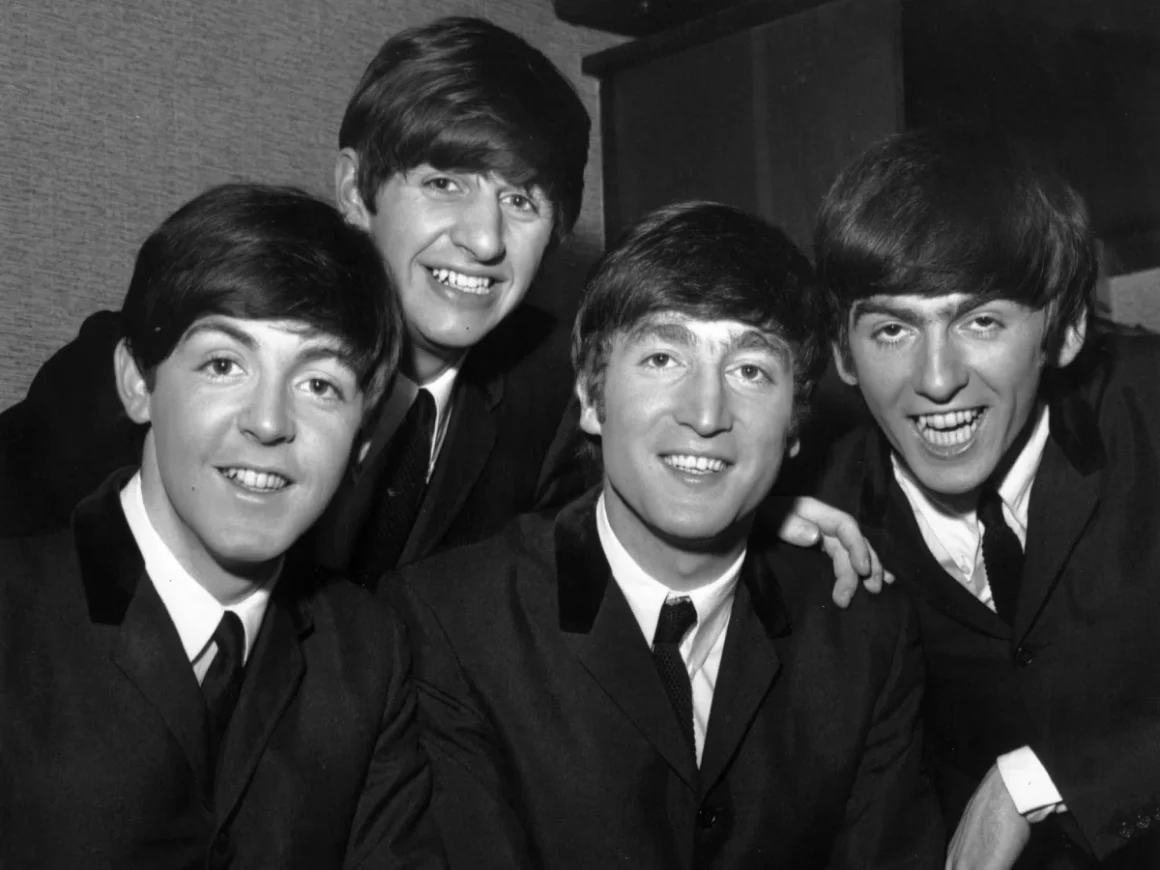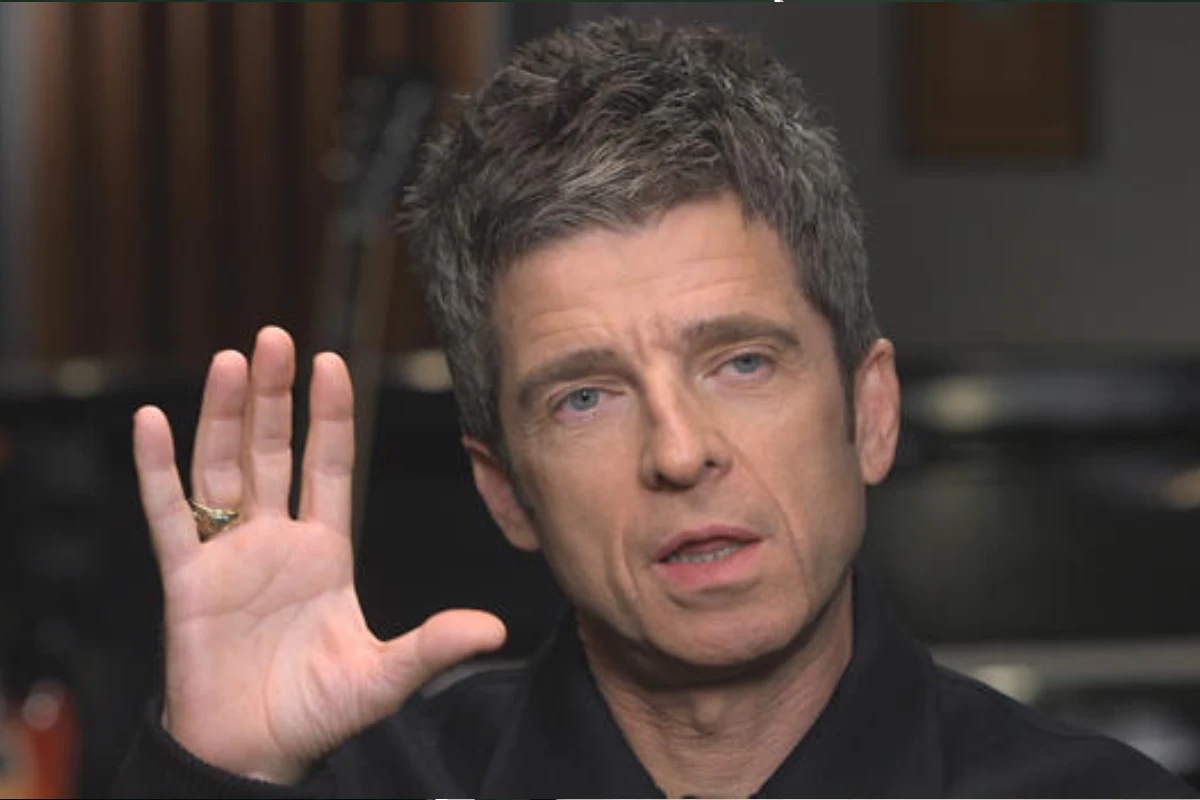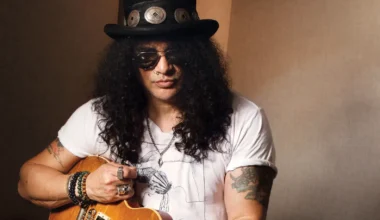‘Come Together‘ is a highlight track from The Beatles’ album Abbey Road. One of the last songs produced, thanks to John Lennon’s recovery from his catastrophic car accident. The song has become an important element of the Fab Four’s mythology. However, because Lennon relied so heavily on his childhood idol, Chuck Berry, the duck-walking guitarist sued the bespectacled Beatle.
The song may be a part of the Fab Four’s legacy, but it was almost a part of pro-drug campaigner Timothy Leary’s. What makes it even more astonishing is that it was one of John Lennon’s favorite songs out of the band’s hundreds of compositions. When asked about the song, David Sheff once commented, “It’s one of my favorite Beatles songs.” He clarified, “Or one of my favorite Lennon songs, to be more specific.”It’s groovy, it’s bluesy, and I’m singing it good. I enjoy the sound of the record. You could dance to it. “I will buy it!” However, the great Chuck Berry almost completely overshadowed all of this.
Lennon originally intended the song to be a politically charged number. He aimed to organize the counterculture movement around the psychologist, writer, and pro-drugs activist Timothy Leary. Timothy Leary commissioned John Lennon to write a song for his California gubernatorial campaign against Ronald Reagan. Leary and Lennon briefly met as part of his and Yoko’s Bed-In for Peace. They both participated in the recording of ‘Give Peace A Chance,’ with Leary even appearing in the lyrics.
Afterward, Lennon said that he would help Leary’s campaign with a song and with his motto established as ‘Come together, join the party’, and the process began. Lennon eventually sent Leary numerous ideas on a demo cassette, but things quickly came to an end when Leary was arrested for cannabis possession. It freed up Lennon’s time to record new demos with The Beatles, ensuring that the great song was not lost.
Leary, however, admitted disappointment over losing his campaign song. He told Stever Turner in A Hard Day’s Write, “While I acknowledged the new version was a musical and lyrical improvement on my song, I was a bit miffed that Lennon passed me over in this way.”
Adding: “When I addressed a minor protest to John, he responded with typical Lennon charm and wit. He said that he was a tailor and I was a customer who had purchased a suit but never returned.” So he sold to someone else.”
Lennon believed he had done nothing illegal, stating, “The thing was created in the studio.” This is gobbledygook! Timothy Leary came up with the phrase ‘Come Together‘ for his political run, whatever office he was aiming for, and he asked me to write a campaign song for him. I tried and tried and couldn’t come up with one. But I came up with ‘Come Together’, which would’ve been useless for him – you couldn’t have a campaign song like that, right?”
The song “Come Together” drew heavily from Chuck Berry’s “You Can’t Catch Me,” evident in the shared lyric “Here comes old flat-top.” This similarity prompted legal action from Berry’s team against Lennon. It led to an out-of-court settlement where Lennon agreed to record more songs owned by Berry’s publisher, Morriss Levy. Some of these songs ended up on his album Rock ‘N’ Roll.
Lennon described “Come Together” as his attempt to obscurely reference the Chuck Berry song. However, he maintained that his composition remained distinct. McCartney, aware of the resemblance, suggested altering the style to differentiate it, leading to a more subdued, “swampy” version. He contributed a bass line that has since become iconic, often used in rap records.
The Beatles actively incorporated elements from other music genres into their sound. This led to debates about whether they were simply curators of musical influences or cultural thieves. Regardless, “Come Together” stands as one of Lennon’s finest tracks, delivered strikingly.








